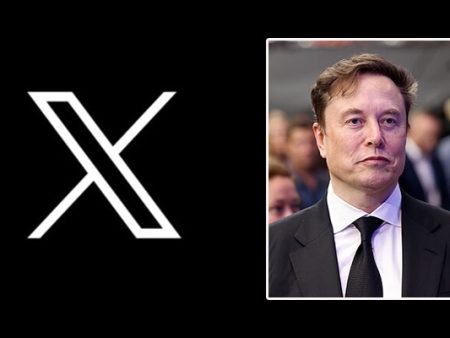The new excise tax in Sweden on gambling increased from 18% to 22%. It will also boost tax revenue by SEK540 million or £40.9 million annually. The tax change has received mixed reactions from the industry. Some argue it will drive players to illegal gambling markets. Others believe it will push players away from regulated casinos.

Spelinspektionen, the gambling regulator, gave comment on the tax changes. It said that they have no substantive objections but warned of the possible consequences of the increase. The regulator pointed out the possible channelling of gamblers to the illegal market.
The trade association’s secretary general, Gustaf Hoffstedt agreed that the unlicensed and illegal gaming market might get a share of the market as a result of the new tax increase.
Below are some examples of the gambling taxes around the world. This is to put the tax rate of Sweden into perspective.
Germany has the highest gambling taxes at 90%. France, Austria, and Luxembourg each have an 80% tax rate. Denmark has a 75% tax rate.
On the other hand, Russia and Italy have the lowest gambling taxes at 0%. Cambodia has a 2% tax rate. Belgium has a 2.5% tax rate. The Czech Republic has a 6% tax rate.
In many countries, gamblers do not pay taxes on their winnings. Instead, bookmakers pay a percentage of tax on the total bets or recorded winnings.
In Germany, the claim appears to be a reality. GGL is the German gambling regulator. According to their report, the country’s illegal market was worth between €400 million and €600 million in gross gaming revenue in 2023.
According to GGL, tackling unregulated offerings remains a challenging task. A new study by Delhi-based policy think tank Centre for Knowledge Sovereignty suggests several factors contribute to illegal betting and gambling in India. These include an inadequate legal framework, selective banning, and high taxation on legitimate online gaming platforms. It will grow at 30% in the coming years.


